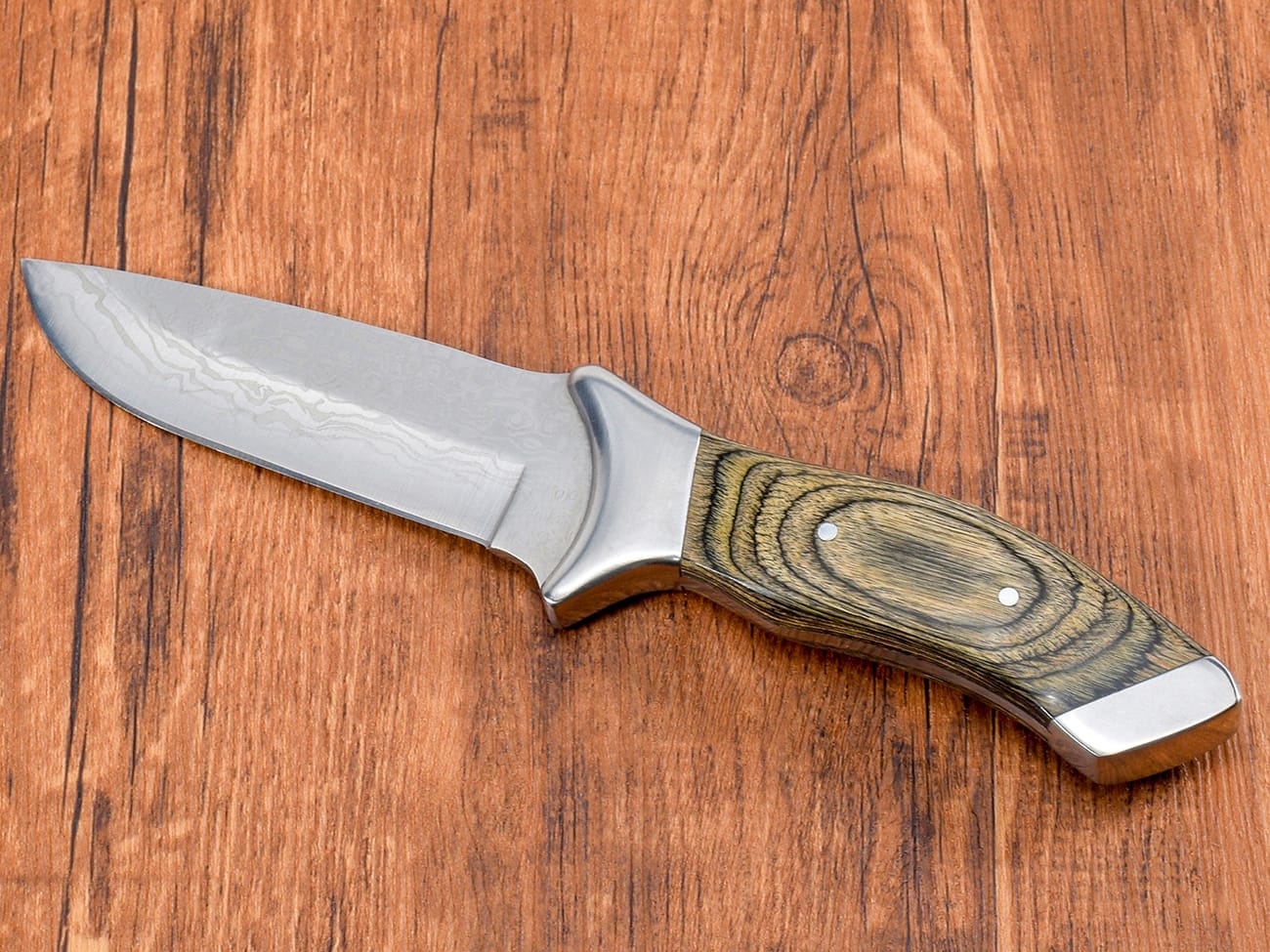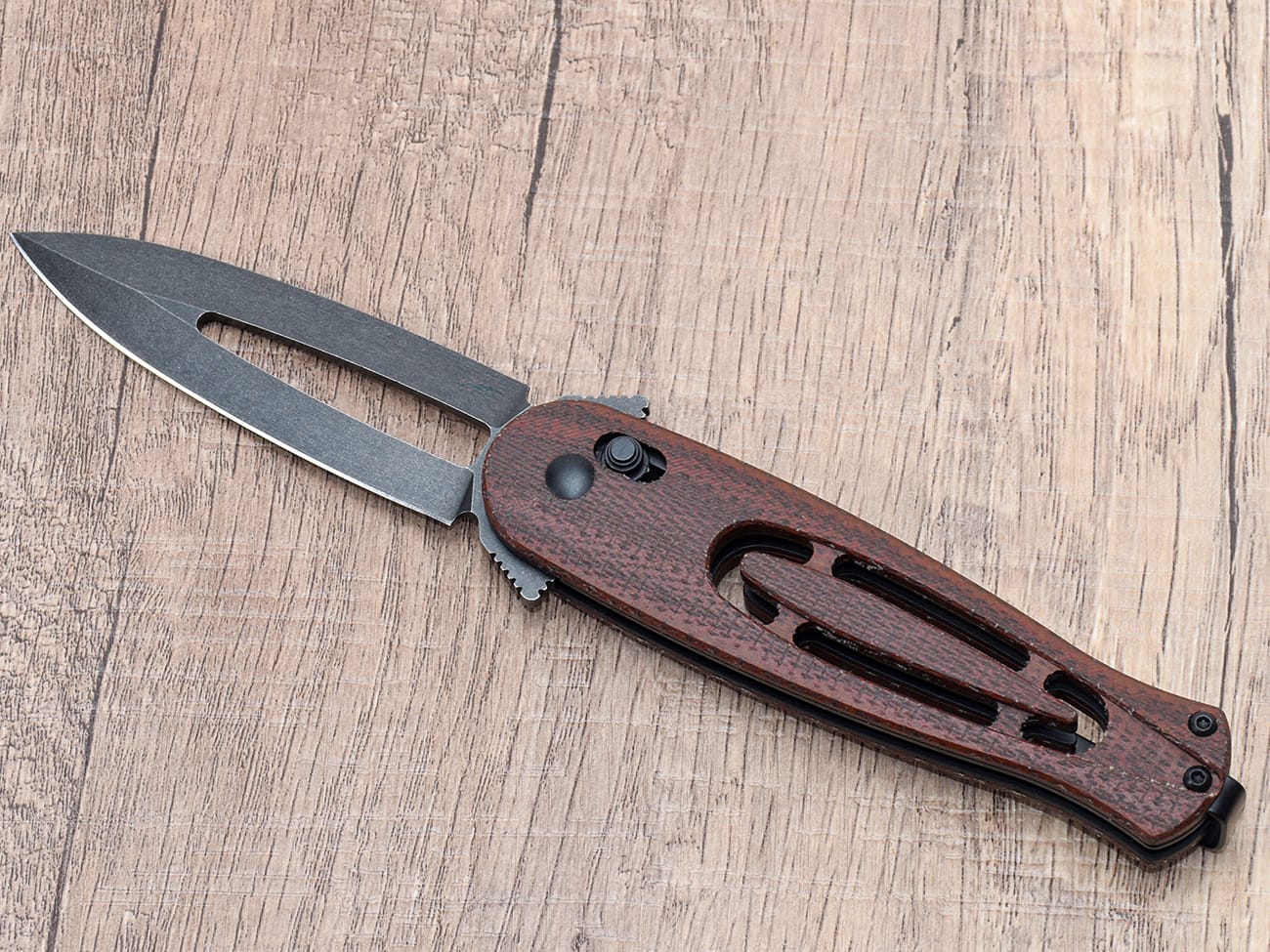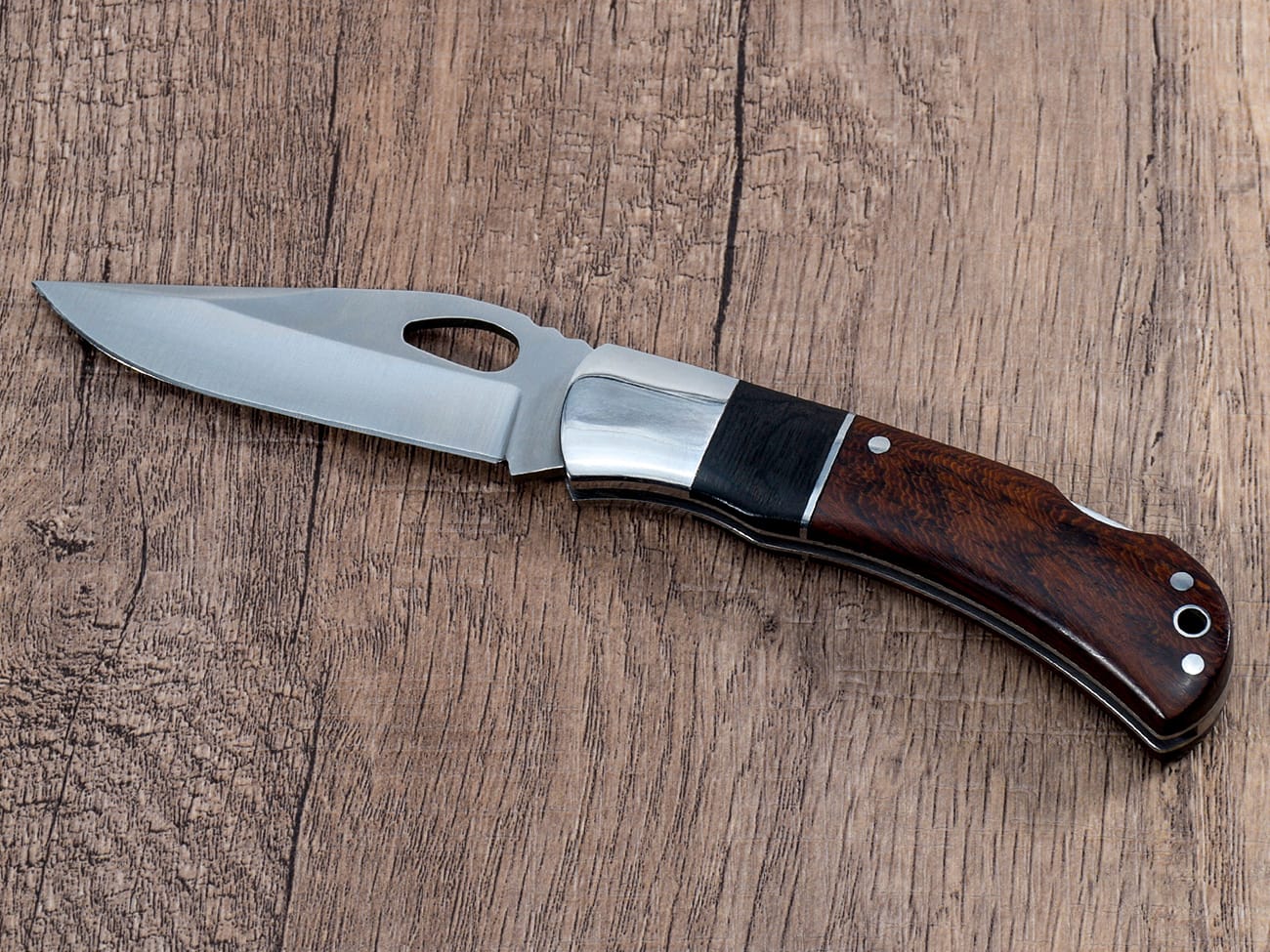Are you wondering about the legality of carrying a hunting knife? You’re not alone. Many outdoor enthusiasts and knife collectors find themselves puzzled by the complex web of knife laws that vary from state to state. In this comprehensive guide, we’ll dive deep into the world of knife legislation, focusing specifically on hunting knives and their legal status across different jurisdictions. Whether you’re a hunter, camper, or simply someone who appreciates a good blade, this article will provide you with the essential information you need to stay on the right side of the law.
Why This Article Matters
Understanding knife laws is crucial for several reasons:
- Avoid legal troubles: Knowing what’s legal in your area can prevent accidental law violations.
- Make informed purchases: Choose knives that comply with local regulations.
- Travel safely: Understand how laws change as you cross state lines.
- Protect your rights: Be aware of your legal rights as a knife owner.
Let’s explore the intricate world of hunting knife laws and equip you with the knowledge to navigate this complex legal landscape.
What Defines a Hunting Knife?
Before we delve into the legalities, it’s important to understand what constitutes a hunting knife:A hunting knife is typically a fixed blade knife designed for field dressing and skinning game. These knives often feature:
- A sturdy, sharp blade
- A comfortable grip for extended use
- A blade length suitable for various hunting tasks
However, it’s worth noting that many folding knives can also serve as hunting knives, blurring the lines between categories.
Are Hunting Knives Legal to Carry?
The short answer is: it depends. Let’s break down the factors that influence the legality of carrying a hunting knife:
State-by-State Variations in Knife Laws
One of the most critical factors in determining the legality of carrying a hunting knife is your location. Knife laws vary significantly from state to state, and even between cities within the same state.
Blade Length Restrictions
Many states have restrictions on blade length for knives that can be legally carried. For example:
- Some states limit blade length to 3 inches for concealed carry
- Others may allow longer blades for open carry
Concealed vs. Open Carry
The distinction between concealed and open carry is crucial:
- Open carry: Visible on your person
- Concealed carry: Hidden from view
Some states have different regulations for each type of carry.
Intent and Use
Your intended use for the knife can also impact its legality. Carrying a hunting knife for legitimate hunting purposes may be viewed differently than carrying it for self-defense or without a specific reason.
Common Misconceptions About Hunting Knife Laws
Let’s clear up some frequent misunderstandings:
- “All fixed blade knives are illegal to carry.”
- False. Many states allow the carry of fixed blade knives, though restrictions may apply.
- “If it’s legal to own, it’s legal to carry.”
- Not necessarily. Some knives may be legal to own but restricted for carry.
- “Hunting knives are always exempt from knife laws.”
- This is not universally true. While some states have exemptions for hunting knives, others do not.
How to Legally Carry a Hunting Knife
To stay compliant with the law, consider these tips:
- Research local laws thoroughly
- Choose a knife that meets legal requirements
- Carry openly if concealed carry is restricted
- Be prepared to explain your intended use
- Consider obtaining a hunting license if applicable
Knife Laws by State: A Quick Overview
While we can’t cover every state in detail, here’s a snapshot of knife laws in a few states:
California
- Restricts the concealed carry of fixed blade knives
- Open carry of hunting knives is generally legal
Texas
- Recently relaxed many knife laws
- Most knives, including hunting knives, are legal to carry openly or concealed
New York
- Strict knife laws, especially in New York City
- Hunting knives may be restricted in urban areas
Florida
- Generally permissive knife laws
- Hunting knives are typically legal to carry openly
Remember, this is just a brief overview. Always check the most up-to-date laws for your specific location.
What About Federal Knife Laws?
While most knife regulations are at the state level, there are some federal laws to be aware of:
- The Federal Switchblade Act restricts interstate commerce of automatic knives
- TSA regulations prohibit carrying most knives on airplanes
How Do Hunting Knife Laws Affect Outdoor Activities?
For hunters and outdoor enthusiasts, understanding knife laws is particularly important:
- Ensure your hunting knife is legal in the areas you’ll be visiting
- Be aware of any restrictions when traveling between states for hunting trips
- Consider how knife laws might affect your camping or hiking gear
The Impact of Knife Laws on Knife Design
Interestingly, knife laws have influenced the design of many popular knives:
- Some manufacturers produce knives with blade lengths just under common legal limits
- Folding knives have become more popular due to stricter fixed blade regulations in some areas
What to Do If You’re Stopped with a Hunting Knife
If you’re ever questioned by law enforcement about your hunting knife:
- Remain calm and polite
- Clearly explain your intended use for the knife
- Be aware of your rights, but cooperate with officers
- Consider seeking legal advice if charged with a violation
The Future of Hunting Knife Laws
Knife laws are not static. They can and do change over time:
- Some states have moved towards more permissive knife laws
- Others have tightened restrictions
- Stay informed about proposed legislation in your area
Choosing the Right Hunting Knife for Legal Carry
When selecting a hunting knife with legal considerations in mind, consider these factors:
- Blade length
- Fixed vs. folding design
- Ease of open carry
- Versatility for multiple uses
For example, the 3.54 inch 8cr13mov stainless steel olive wood folding knife offers a compact, legal-in-many-areas option that’s suitable for various outdoor tasks.
The Role of Knife Advocacy Groups
Organizations like Knife Rights and the American Knife & Tool Institute work to:
- Challenge restrictive knife laws
- Educate the public about knife rights
- Lobby for knife-friendly legislation
Consider supporting these groups if knife rights are important to you.
Conclusion: Navigating the Complex World of Hunting Knife Laws
Understanding the legality of carrying a hunting knife requires diligence and awareness. While laws vary widely, keeping these key points in mind will help you stay compliant:
- Research and understand your local knife laws
- Consider blade length, carry method, and intended use
- Be prepared to explain your reasons for carrying a hunting knife
- Stay informed about changes in legislation
- Choose knives that balance functionality with legal compliance
By staying informed and making responsible choices, you can enjoy the benefits of carrying a hunting knife while respecting the law.

A beautiful custom hunting knife with an olive wood handle and sanded blade
Key Takeaways:
- Hunting knife laws vary significantly by state and locality
- Blade length, carry method, and intended use all factor into legality
- Always research and comply with local laws before carrying a hunting knife
- Consider both functionality and legal compliance when choosing a hunting knife
- Stay informed about changes in knife legislation
- Support knife advocacy groups to protect your rights as a knife owner
Remember, while this guide provides a comprehensive overview, it’s not a substitute for legal advice. Always consult with a legal professional for specific questions about knife laws in your area. Stay safe, stay legal, and enjoy your outdoor adventures responsibly!




